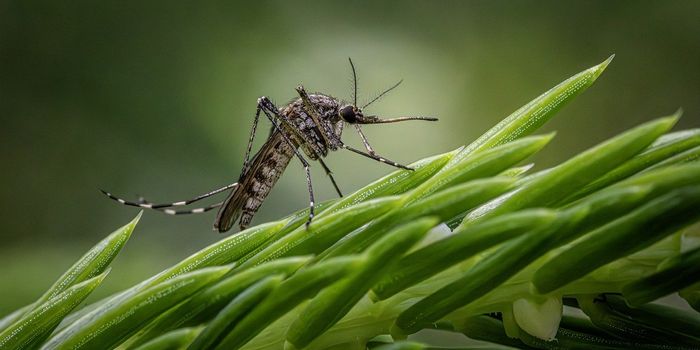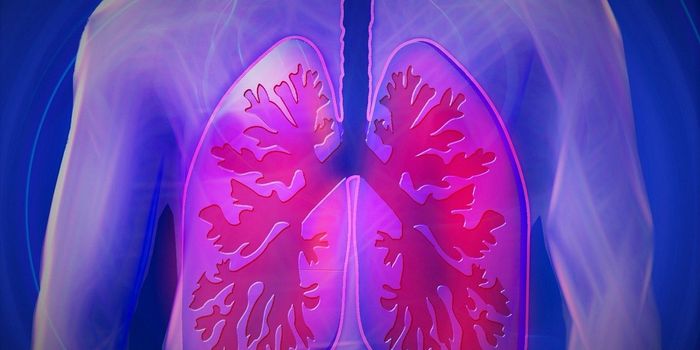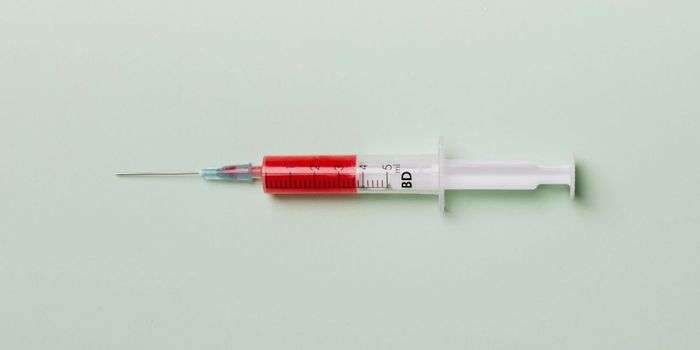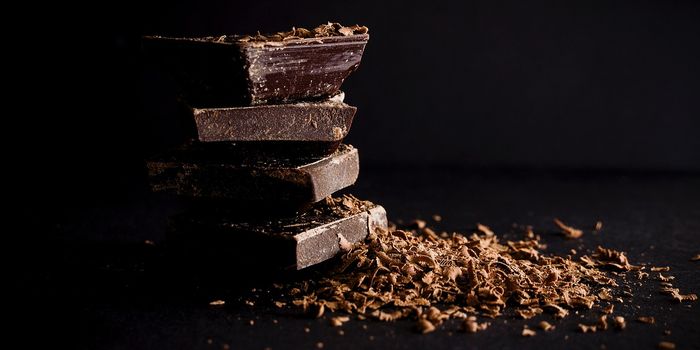How much melatonin is in your nighttime gummy? JAMA study puts the labels to the test
Rude how a human hormone is available as a dietary supplement without requiring any pre-marketing approval from the US FDA, but ok. How could that ever go wrong?
Too much melatonin can cause grogginess, headaches, dizziness, or worse.
Exogenous melatonin is remarkably atoxic; it’s even associated with neuroplasticity and, as a recent report suggests, better mood regulation. Yet when a hormone is packaged in tasty gummy form, there’s a chance a child could get into some trouble. Children need as little as 0.1 to 0.3 mg of exogenous melatonin to reach their normal nighttime range.
Reports of accidental melatonin ingestion by children increased by 530% from 2012 to 2021, and these incidents led to hospitalizations, intensive care admission, and the death of two children. For this reason (and maybe because a human hormone being sold on the market should be regulated), researchers tested 25 different over-the-counter melatonin and/or CBD gummies. They published the results in a JAMA Research Letter.
Endogenous melatonin is produced by the body. Being in darkness leads noradrenergic neurons in the pineal gland to produce the hormone which helps determine our light and dark cycle.
We’re exposed to melatonin starting in our mothers in the womb and during breastfeeding. In fact, the amount of melatonin found in breast milk is higher at nighttime, which might soothe the babies of mothers trying to get nighttime shut-eye. While we don’t produce melatonin at birth, we start around 2-3 months, increase during years 2-3, max at 10-14, and stay high from 25-30 years. The amount suggested to help adults with insomnia symptoms and disorder treatment is 3 to 6 mg.
There’s a real problem with melatonin gummy products not containing what they say they do. The JAMA letter found that the melatonin in a serving varied from 1.3 mg to 13.1 mg. This means that the actual content of melatonin in the gummies ranged from 74% to 347% of what the label said was in one of their servings.
Of the 25 products, only three contained the correct amount of melatonin.
It’s not comforting to hear that this is the first US study to look at the quantity of melatonin in these readily-available products. While the risk is low, parents with small children should be wary of unpredictable doses.
If you have reason to believe a child in your care has consumed a large amount of melatonin, please call your local (US) poison control center at 1 (800) 222-1222
Sources: LactMed, EurekAlert! (1) (2), Brain Science









